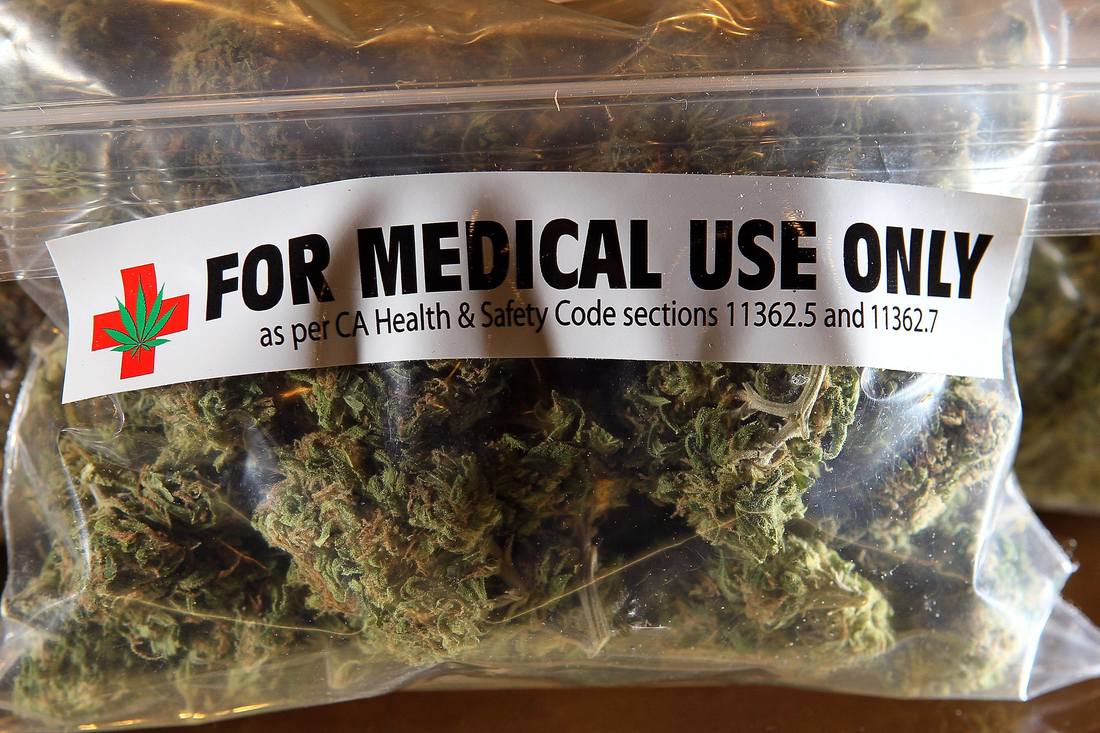 A recent research review found that medical marijuana may be effective at reducing chronic nerve pain, known as neuropathy, common among diabetes sufferers. Dr. Sachin Patel of the Vanderbilt Psychiatric Hospital in Nashville said the findings on MMJ and neuropathy “fit generally well with what we know.” In the second research review, both of which were commissioned by the U.S. Department of Veterans Affairs, researchers came up with less evidence that cannabis helps treat other types of pain or the effects of post-traumatic stress disorder (PTSD). “That doesn’t mean that it’s not, it just means we don’t have that evidence right now,” said Patel. The authors of the studies also decried the fact that there has not been enough high-quality research to produce conclusive evidence of the benefits or harms of cannabis for pain or PTSD. There’s no way to come to conclusions based on the few studies currently available. But “several ongoing studies may soon provide important results,” the authors of the study wrote. “The current studies highlight the real and urgent need for high-quality clinical trials in both of these areas,” Patel told Business Insider. “If cannabis is being considered for medical use, it should certainly be, after all, well-established treatments have failed.” Earlier this year, the National Academy of Sciences released a report saying there is “conclusive” or “substantial scientific evidence” that marijuana is effective for treating chronic pain, calming muscle spasms caused by multiple sclerosis and easing nausea from chemotherapy. Last May VA Secretary David Shulkin said at the White House that he was open to learning from any evidence that marijuana could be used as treatment, and that “there may be some evidence that this is beginning to be helpful.” “And we’re interested in looking at that and learning from that,” Shulkin said. “But until the time that federal law changes, we are not able to be able to prescribe medical marijuana for conditions that may be helpful” Although the VA commissioned the two studies, published in Annals of Internal Medicine, Curt Cashour, press secretary for the Department of Veterans Affairs, declined to make the lead study authors available for comment on their research, according to Business Insider. Deputy director of NORML, Paul Armentano said the recent review findings are consistent with “anecdotal reports of patients, many of whom are seeking a safer alternative to the use of deadly opioids. And it is inconsistent with the federal government’s classification of the marijuana plant as a schedule I controlled substance with ‘no currently accepted medical use in treatment in the United States.’” It is precisely the DEA’s intransigent and patently ludicrous labeling of cannabis as a dangerous drug that is hampering the scientific research that is sorely needed to convince the government what millions already know. Article by High Times
0 Comments
Leave a Reply. |
 RSS Feed
RSS Feed
